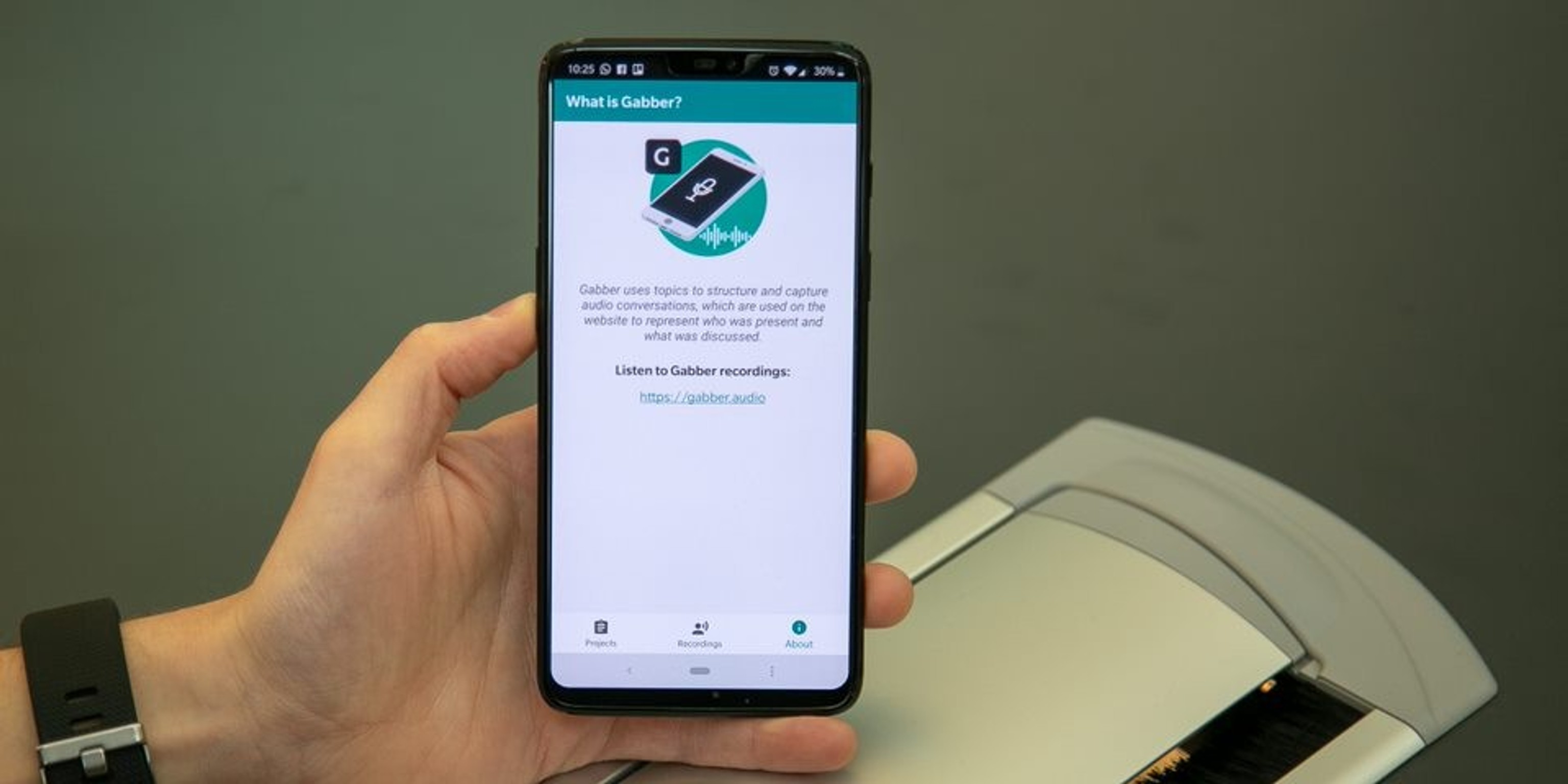
Exploring the Role of Paradata in Digitally Supported Qualitative Co-Research
Digital Social Innovation



Abstract
We contribute a conceptualisation of paradata and discuss its role in qualitative research to improve process transparency, enhance data sharing, and to create feedback loops with research participants.
Method
This paper explores the role of paradata arising from a four-month engagement with a community-led charity that used a digital platform to support their qualitative co-research project.
Takeaways
Our findings highlight examples of paradata generated through digital tools in qualitative research, e.g., listening coverage, engagement rate, thematic maps and data discards.
Academics and community organisations are increasingly adopting co-research practices where participants contribute to qualitative data collection, analysis, and dissemination. These qualitative practices can often lack transparency that can present a problem for stakeholders (such as funding agencies) who seek evidence of the rigour and accountability in these decision-making processes.
When qualitative research is done digitally, paradata is available as interaction logs that reveal the underlying processes, such as the time spent engaging with different segments of an interview. In practice, paradata is seldom used to examine the decisions associated with undertaking qualitative research.
This paper explores the role of paradata arising from a four-month engagement with a community-led charity that used a digital platform to support their qualitative co-research project. Through observations of platform use and reflective post-deployment interviews, our findings highlight examples of paradata generated through digital tools in qualitative research, e.g., listening coverage, engagement rate, thematic maps and data discards.
From this, we contribute a conceptualisation of paradata and discuss its role in qualitative research to improve process transparency, enhance data sharing, and to create feedback loops with research participants.
The community used Open Lab built app Gabber to capture, analyse, and share snippets of audio interviews discussing their lived experiences to help foster peer connections.
The potential role of paradata for practitioners of qualitative research
This paper draws from existing research to conceptualise the potential role of paradata for practitioners of qualitative research as a tool to improve process transparency, i.e., the procedures associated with accessing, using, or engaging with a system, process, or data.
We then present a co-research project, Making Links, where co-researchers engaged in all decision-making associated with qualitative research through using an existing open-source technology. Observations of technology use and post-deployment interviews reflecting on the decisions participants made provided unique perspectives on paradata that has implications for technology design for qualitative research.
Our findings highlight how paradata has a potential role in demystifying the processes associated with research for research participants, provide opportunity to contest decisions made on contributed data, and could be used to observe how contributions create research impact.
We posit two properties of paradata – objective and subjective – and the associated design challenges that can inform the design of future paradata-driven interfaces, i.e., a need for contextualisation of paradata to render it more meaningful to others.